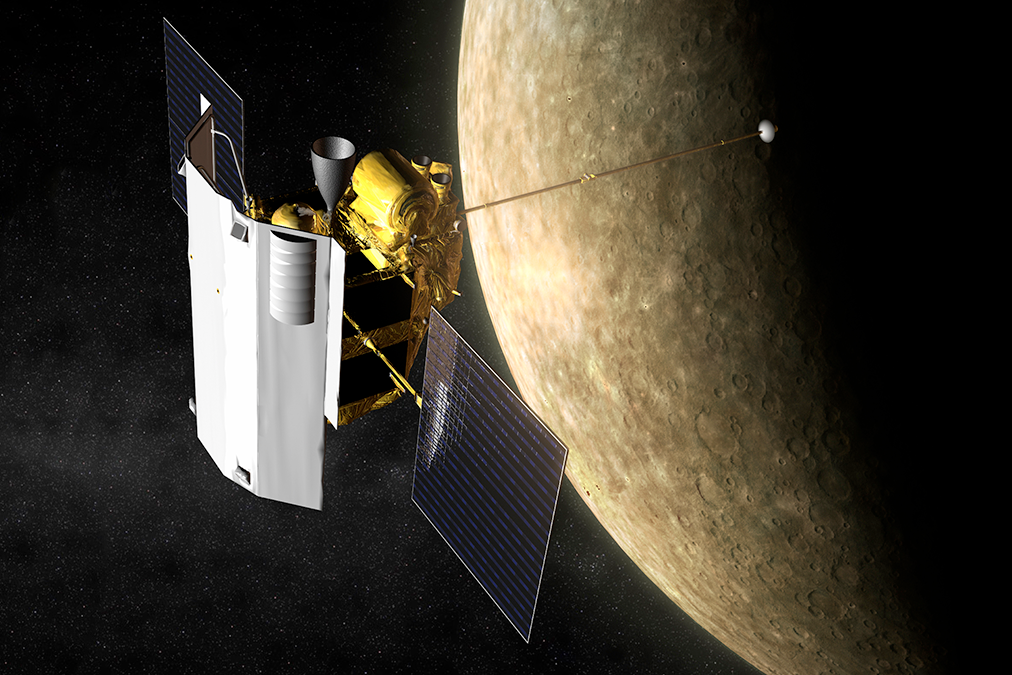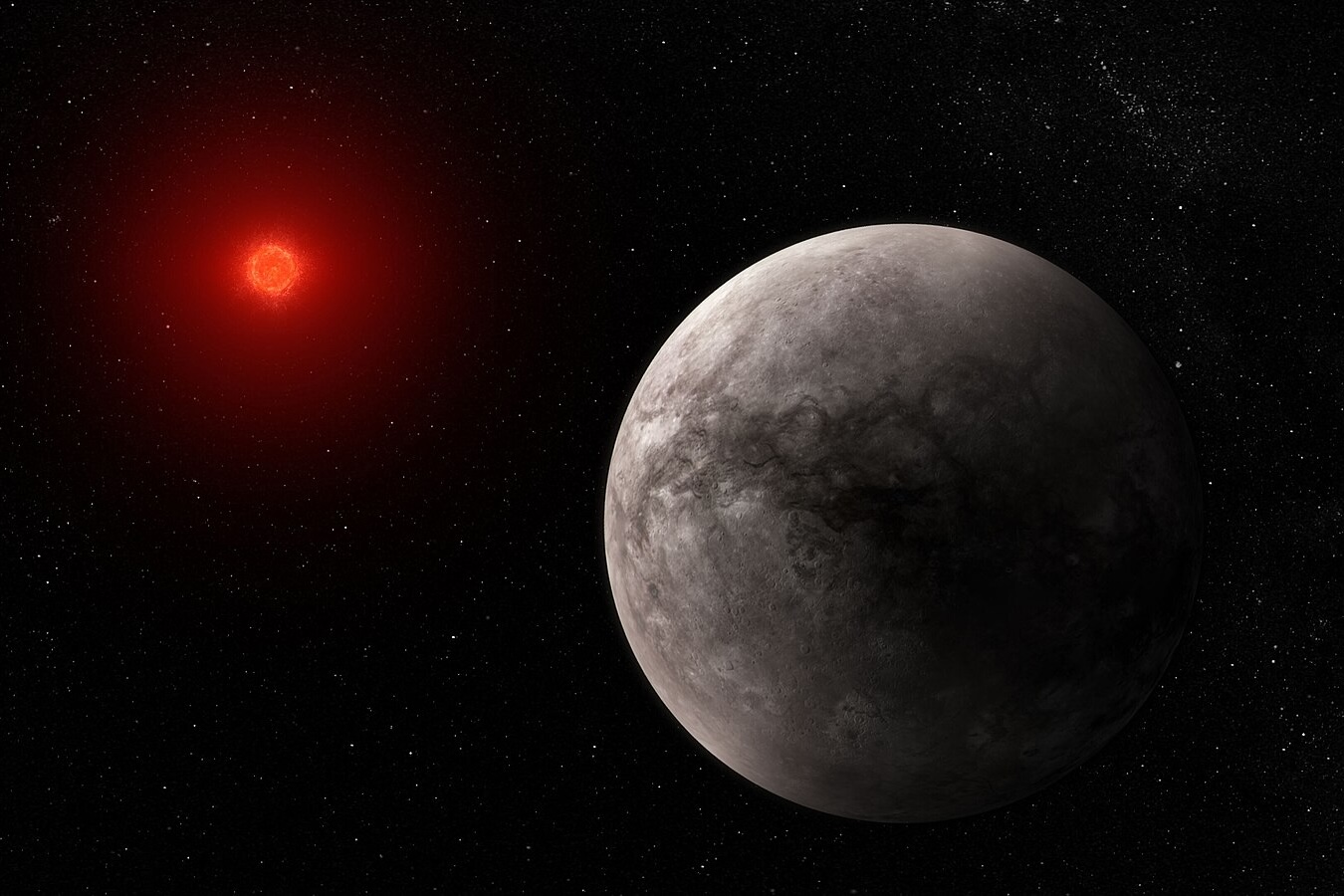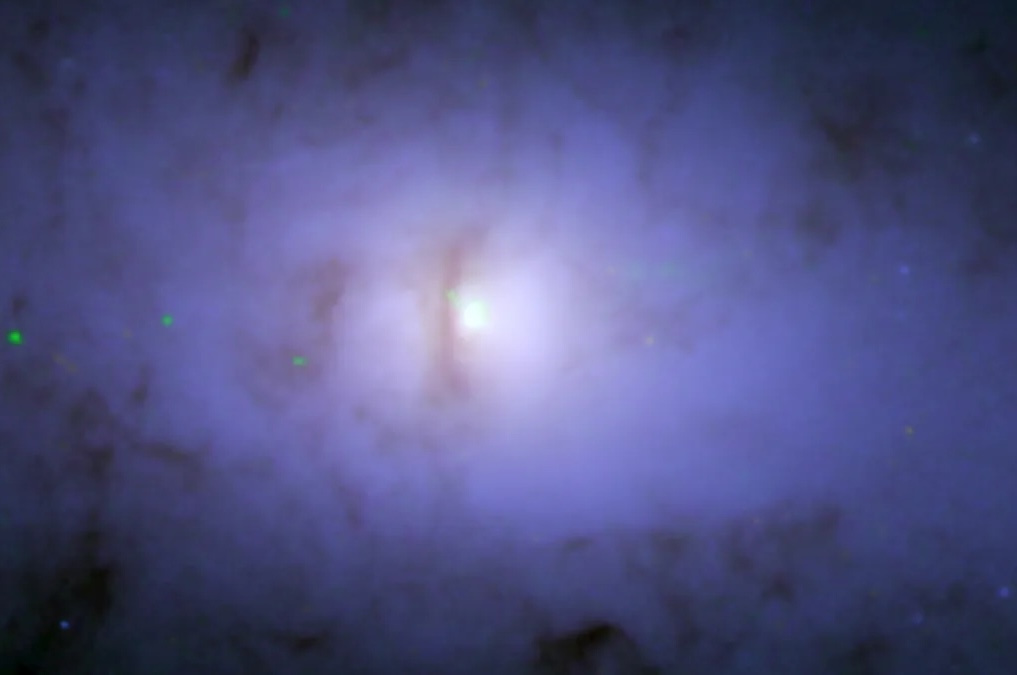In the journals JGR: Planets and JGR: Machine Learning and Computation, BAERI Research Scientist Ariel…
Dr. Darlene Lim Will Speak at the Craters of the Moon National Monument
BAER and NASA Ames Research Center’s Dr. Darlene Lim will explain her research related to NASA’s potential mission to Mars at a Community Day to be held at the Craters of the Moon National Monument near Arco, Idaho on Thursday, June 16.
Dr. Lim is in Idaho to continue her work on a NASA-sponsored study known as BASALT (Biologic Analog Science Associated with Lava Terrains), for which Dr. Lim is the Principal Investigator. The BASALT study will examine habitability conditions on early and present-day Mars. By comparing the physical and geochemical conditions of life in these environments, scientists will learn how to seek, identify, and characterize life and life-related chemistry in basaltic environments that represent the two epochs of Martian geological history. The work will proceed under simulated Mars mission constraints so that scientists may strategically evaluate selected concepts of operations and capabilities that will be invaluable for joint human and robotic exploration of Mars.
During the event on June 16, scientists and park staff will share details on the research being conducted at the Craters of the Moon Monument. The event schedule is as follows:
Bottolfsen Park: 2 p.m. – 5 p.m. NASA and ISU scientists will provide tours and demonstrations:
· Tour the NASA Mobile Mission Command Center
· Demonstrations: “trashcano” simulated volcanic eruption!, Unmanned Aerial Vehicle simulator, Interplanetary communications demonstration
· Talk to the experts: Scientists and Park Rangers will be available to answer questions from the public and the media.
Craters of the Moon Visitor Center: 6 p.m. – 8 p.m. Park Rangers and NASA affiliated scientists will provide demonstrations and presentations:
· View earth’s nearest star (a.k.a. the Sun) through a solar scope
· Earn a Lunar Ranger patch by participating in fun activities. This Ranger-led event will begin at 6 p.m. (45 minutes).
· Evening presentation will be provided by the NASA science team beginning at 7 p.m. (45 minutes).



